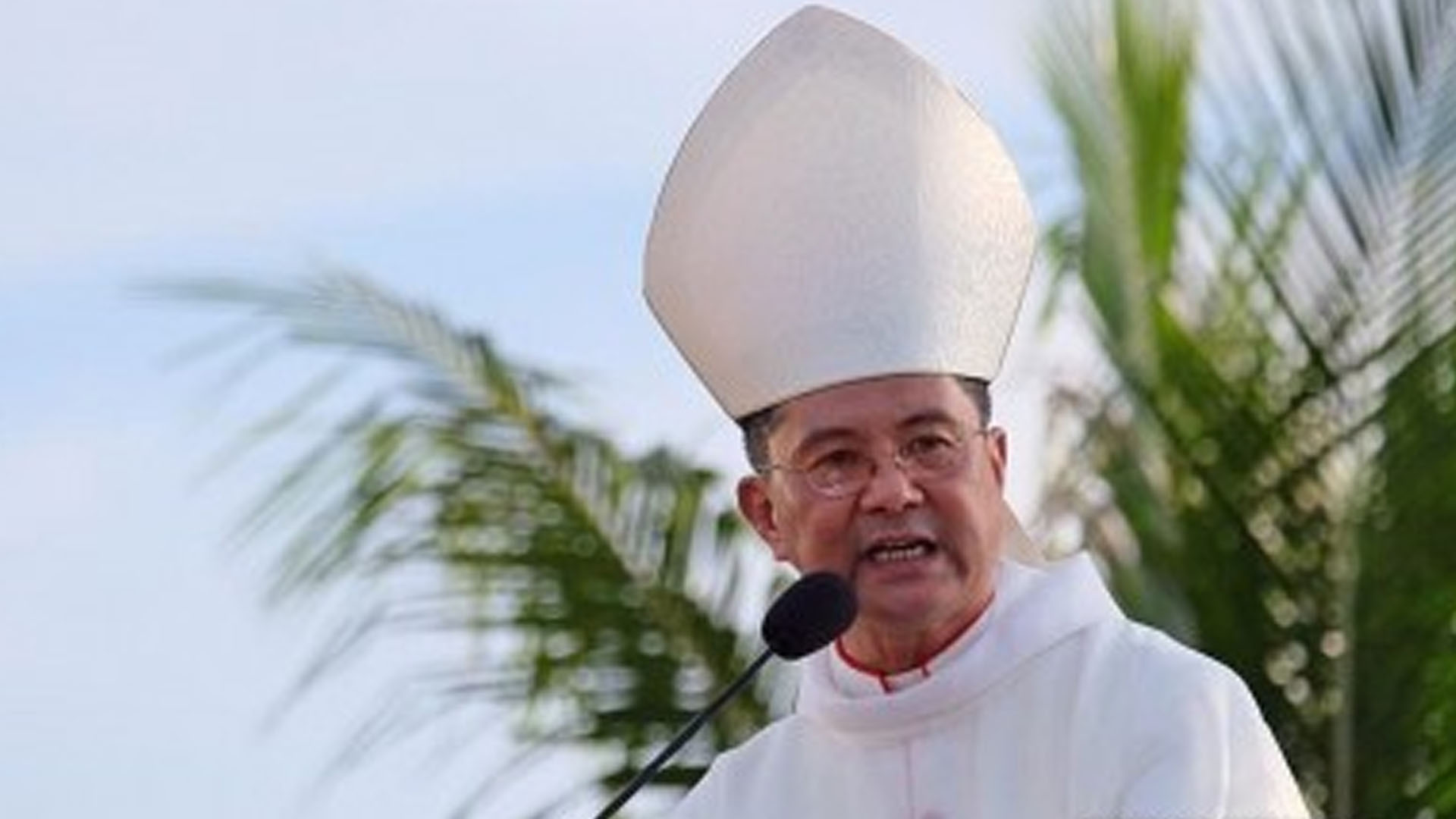The Diocese of Balanga on Saturday rejected the proposal of conducting online weddings, saying it prefers the traditional way of holding the sacrament.
“Here, in the Diocese of Balanga, there is no need for an online wedding. With MGCQ (modified general community quarantine), we can now accommodate 50 percent of the capacity of the Church, and besides, we have liturgical guidelines for a wedding that states we can limit it to 30 persons,” Balanga Bishop Ruperto Santos said in a statement.
Santos added that there has to be a physical presence of the parties involved in holding weddings.
“Church wedding is a covenant between the couple themselves, and they, as a couple, with God as Godparent being the witness, and the priest as a minister. Thus, it is a community celebration, with physical presence and active participation,” he added.
He added that a wedding always entails three things — consent, communion, and contract.
“Consent should be freely given, without coercion nor forced. With online wedding how can we, priests, be sure and certain that the couple is not impeded in their free decision to get married,” he added.
He said the celebration of matrimony is not a mere show or a presentation.
“So, it’s not a virtual nor a showcase as if participants are watching a presentation or shows. But it is a sacrament, a celebration of life and love, in which God’s graces are given,” he said.
He added that the couple has to sign a marriage contract in front of the sponsors and witnesses.
“How can a marriage contract be signed when the three contracting parties namely: the couple, the celebrating priest, and the sponsors are not present?” he added.
The head of the Balanga diocese urged the people to have patience as this crisis will be over soon.
“Finally, as they say, ‘love can wait,’ so we should be patient. We will surely surpass this Covid19. God, in His perfect time, will give us a cure to this virus. He will heal us,” Santos said.
On Tuesday, a party-list lawmaker filed a measure seeking to allow virtual marriage with the use of video, audio, and data transmission devices.
In filing House Bill 7042, Kabayan Rep. Ron Salo proposed that the legal meaning of presence or personal appearance as an essential requisite for the validity of marriage be liberally construed to include virtual presence or presence through video conferencing, especially amid the coronavirus disease 2019 pandemic.
This means that in a virtual marriage, the male and female spouses to be wed would be together in the same location but their presence before the solemnizing officer would be remote or virtual. (PNA)























